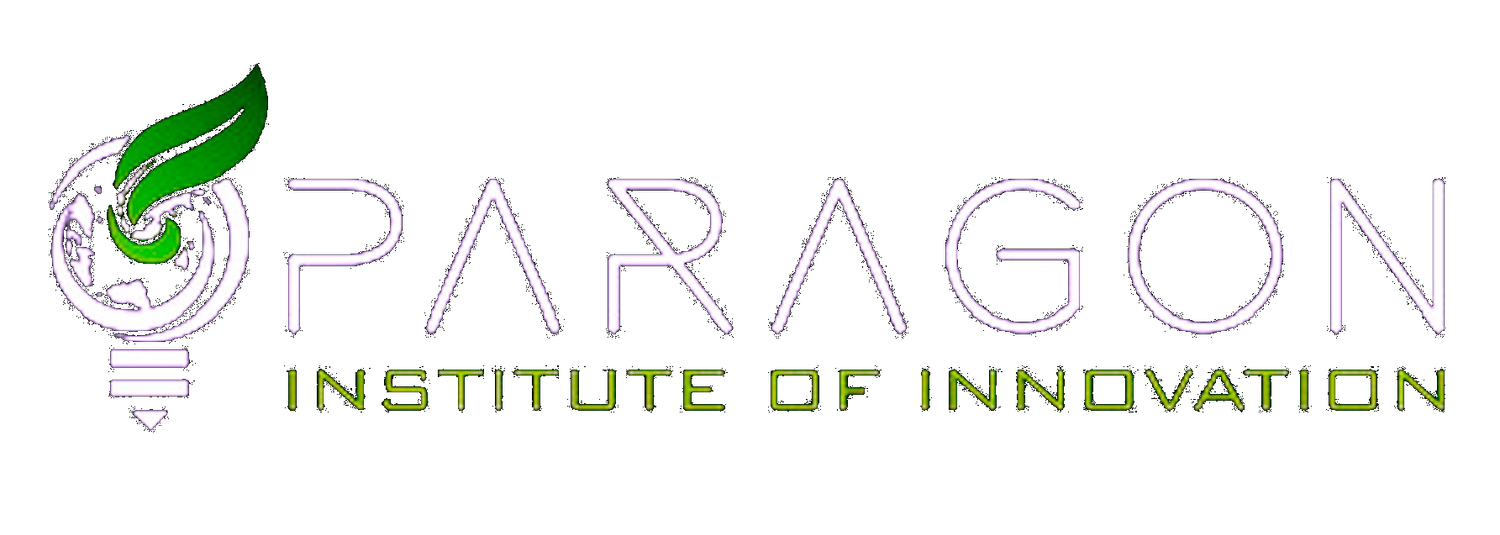ways to Reduce Water Pollution & Enhance Clean Water Availability
Written by: Hafiz Ahmad Toor
No water, no life. If this fact is so irrefutably fundamental to the wellness of any existing life, then why are we consistently polluting our water resources? We have to change our habits if we want to ensure clean water availability and overcome water scarcity issues. The water bottle you just sipped is full of deliciously clear hydration, and so you may think water pollution is a problem . . . somewhere else. But while most Americans have access to safe drinking water, potentially harmful contaminants—from arsenic to copper to lead—have been found in the tap water of every single state in the nation.
It’s important to keep in mind that pollutants and harmful substances never disappear once you’ve discarded them into water. So when these get added into the mess left from oil spills, chemicals and other hazardous waste, they create drastic adverse effects on all aquatic life and the ecosystems that we also use in our food supplies. In order to leave this planet clean for the next generations, below are a few guidelines that would greatly benefit everyone if we all started putting these into practice right away.
Don’t pour oils, fats, grease, drugs and medications into the kitchen sinks or home drainage.
It destroys natural water reserves. The hormones and toxic chemicals inside these commodities kill the natural water system and aquatic wildlife. Our wastewater treatment plants were not designed to remove all those chemicals from the water. The best way to dispose of items like these is to make them undesirable, such as crushing them and then mixing with coffee grounds, kitty litter or dirt before sealing them in a plastic bag and disposing in the trash.
Don’t treat the toilet as a garbage bin.
Always dispose of household cleaning agents, tissues, wrappers and sanitary papers in the waste bins. Better yet, try the latest innovation in eco-conscious toilet paper with the non-toxic, cleanest toilet paper on the planet. Tree, formaldehyde, and bleach-free. Don't worry, it's still super soft! REEL PAPER & PLANT PAPER are two of our favorites!
Maximize your dishwasher’s water consumption.
If you have a dishwasher, put down the sponge. It may feel more virtuous to wash by hand, but it's actually more wasteful: You use up to 27 gallons of water per load by hand versus as little as 3 gallons with an ENERGY STAR-rated dishwasher. And just scrape off the food scraps instead of rinsing each dish before you load it. Also, make sure to fully load your washers to save your water and energy reserves and maximize the things that get clean.
Your utility company might offer rebates or other incentives when you buy new water-saving showerheads, faucets, clothes washers, or toilets. And even if it doesn’t, you’ll still wind up saving tons of money in the long run. Look for the EPA’s WaterSense label or ENERGY STAR certification.
Prioritize phosphate-free detergents and soaps while washing your laundry and utensils.
Phosphates are an inorganic chemical used in a wide variety of materials and products, including metal polishes, flame retardants, cosmetics, pharmaceuticals, and even some processed foods. One particular kind of phosphate, sodium triphosphate (also known as STPP), has been used for decades in cleaning detergents, specifically dishwashing detergent and laundry detergent, as a “builder,” one of the main components of detergents.
However, in the 1980s, environmental scientists began to notice an increase in algae in lakes and rivers, and they traced it back to urban runoff from phosphates used in cleaning products. Besides making the water cloudy and brown instead of clear and clean, too much algae causes eutrophication, depleting oxygen that fish and other water wildlife need in order to live. Eventually, this can cause all living organisms to die off in these bodies of water. In addition, algae blooms can escalate to toxic levels. Recently, phosphates were blamed for the drinking water contamination in Toledo, Ohio in July 2014.
That said, these dishwashing detergents do not contain phosphates:
And these laundry detergents do not contain phosphates:
With your voice
One of the most effective ways to stand up for our waters is to speak out in support of the Clean Water Rule, which clarifies the Clean Water Act’s scope and protects the drinking water of one in three Americans.
Tell the federal government, the U.S. Army Corps of Engineers, and your local elected officials that you support the Clean Water Rule. Also, learn how you and those around you can GET INVOLVED in the policymaking process. Our public waterways serve every American. We should all have a say in how they’re protected.
Encourage Sustainable Development Goal #6 by the United Nations Environmental Program: Clear Water and Sanitation.
This is a solid campaign to reduce water pollution and you can help by reporting water polluters to the authorities. This will increase public awareness and efficient law enforcement. An implementable step towards clean water sustainability. If you see an environmental event that may lead to an immediate threat to human health or the environment, REPORT IT and call 911. Then report it to the National Response Center at: 1-800-424-8802. Learn the difference between a possible violation and an emergency.
Lastly, support environmental organizations.
No matter where you are living in the world, search for organizations in your community and fund them as much as you can. We are one of many organizations that are working hard to raise awareness, develop solutions, and empower societies to work together to find a cleaner and greener future for us all. We’re always looking for new partners and volunteers, so if you’re interested in getting involved, sign up HERE.
The solutions are in your hands!
References:
https://www.nrdc.org/resources/threats-tap-widespread-violations-water-infrastructure
https://www.un.org/sustainabledevelopment/water-and-sanitation/
https://blog.arcadia.com/15-proven-ways-can-reduce-water-pollution/
https://www.conserve-energy-future.com/25-simple-and-easy-ways-to-reduce-water-pollution-now.php
https://raleighnc.gov/SupportPages/6-ways-prevent-water-pollution
https://www.simsbury-ct.gov/water-pollution-control/pages/ten-things-you-can-do-to-reduce-water-pollution
https://eartheclipse.com/pollution/amazing-ways-to-prevent-water-pollution.html
https://www.unep.org/explore-topics/sustainable-development-goals/why-do-sustainable-development-goals-matter/goal-6
https://www.epa.gov/watersense/showerheads
